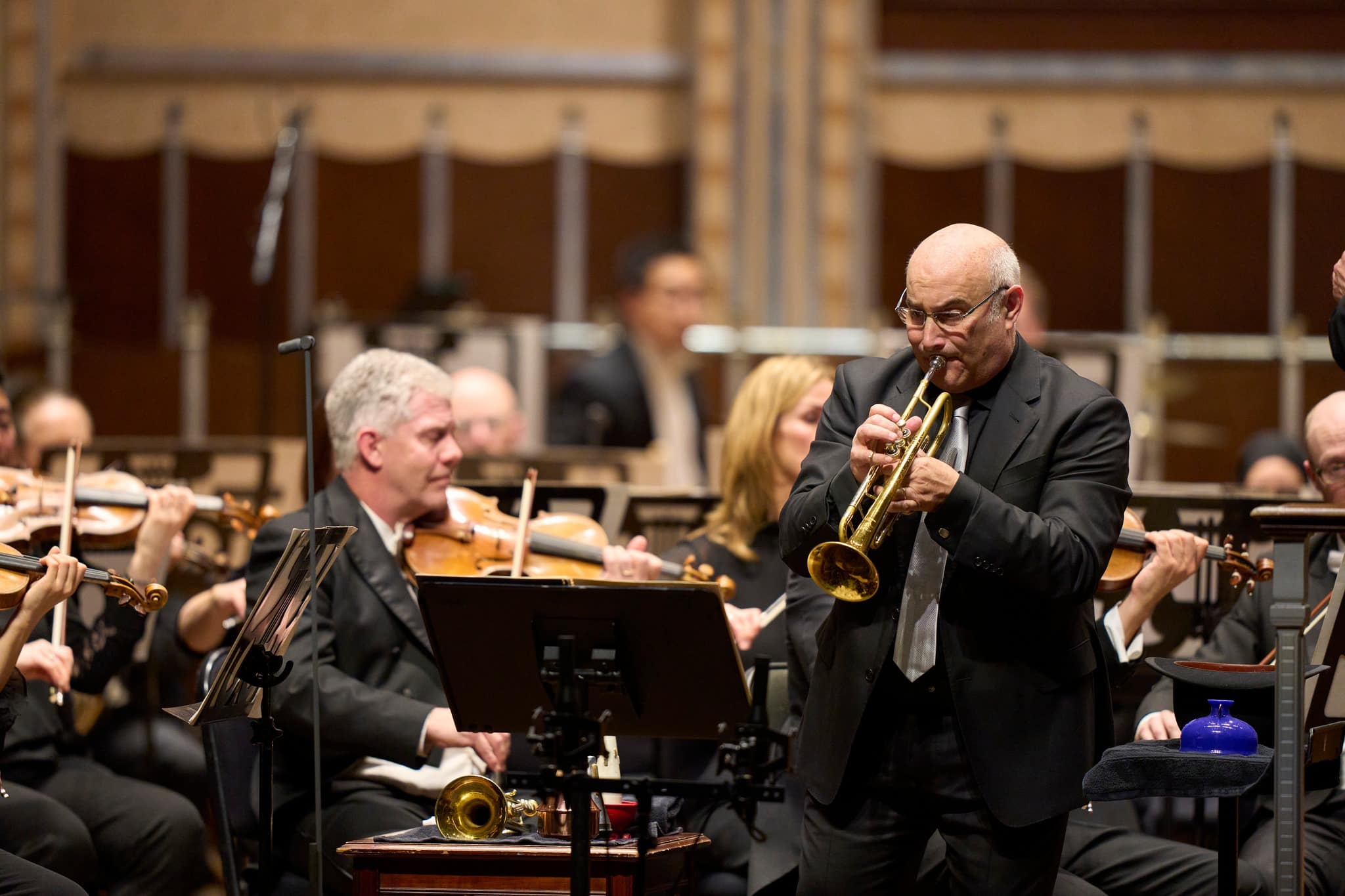Cleveland Orchestra principal quits troubled CIM
NewsMichael Sachs, principal trumpet of the Cleveland Orchestra, has resigned from the Cleveland Institute of Music,where he was chair of the brass division. He points the finger at a viral management culture.
Here’s his message:
By now, many of you may have heard that, as of yesterday, I resigned from my position as faculty member, head of the trumpet department, and chair of the brass division at The Cleveland Institute of Music.
Since many things may be swirling around, I want to make several facts clear:
1) The decision to resign from CIM was entirely mine.
2) I was not fired or asked to leave.
3) There was absolutely no issue of any kind involving a Title IX violation or accusation.
My resignation after 35 years of service to CIM was precipitated by an email that I received yesterday from HR and CIM’s lawyer. This email asserted that I had made a statement which I have never made. I must admit that when I first opened the email, I thought it was an error or a prank. I soon realized it was not. I inferred from the remainder of the email that they were threatening me with legal action.
I am confident that my colleagues will confirm I have been a voice for moderation, cooperation, and team-playing in all matters concerning the faculty and administration.
This incident was not the first baseless attack by members of CIM’s administration on my character, reputation, and integrity. Because I will not tolerate any further such attacks, I made the decision to resign from all positions that I held with the Cleveland Institute of Music, effective immediately.
As heart-wrenchingly difficult as it was, I had to conclude that I can no longer be a party to CIM’s institutional culture. I will miss my students more than words can say.
– Michael Sachs






Comments